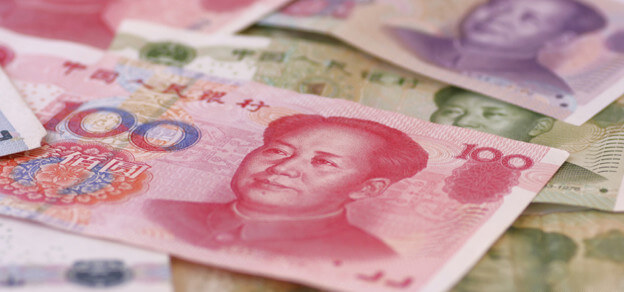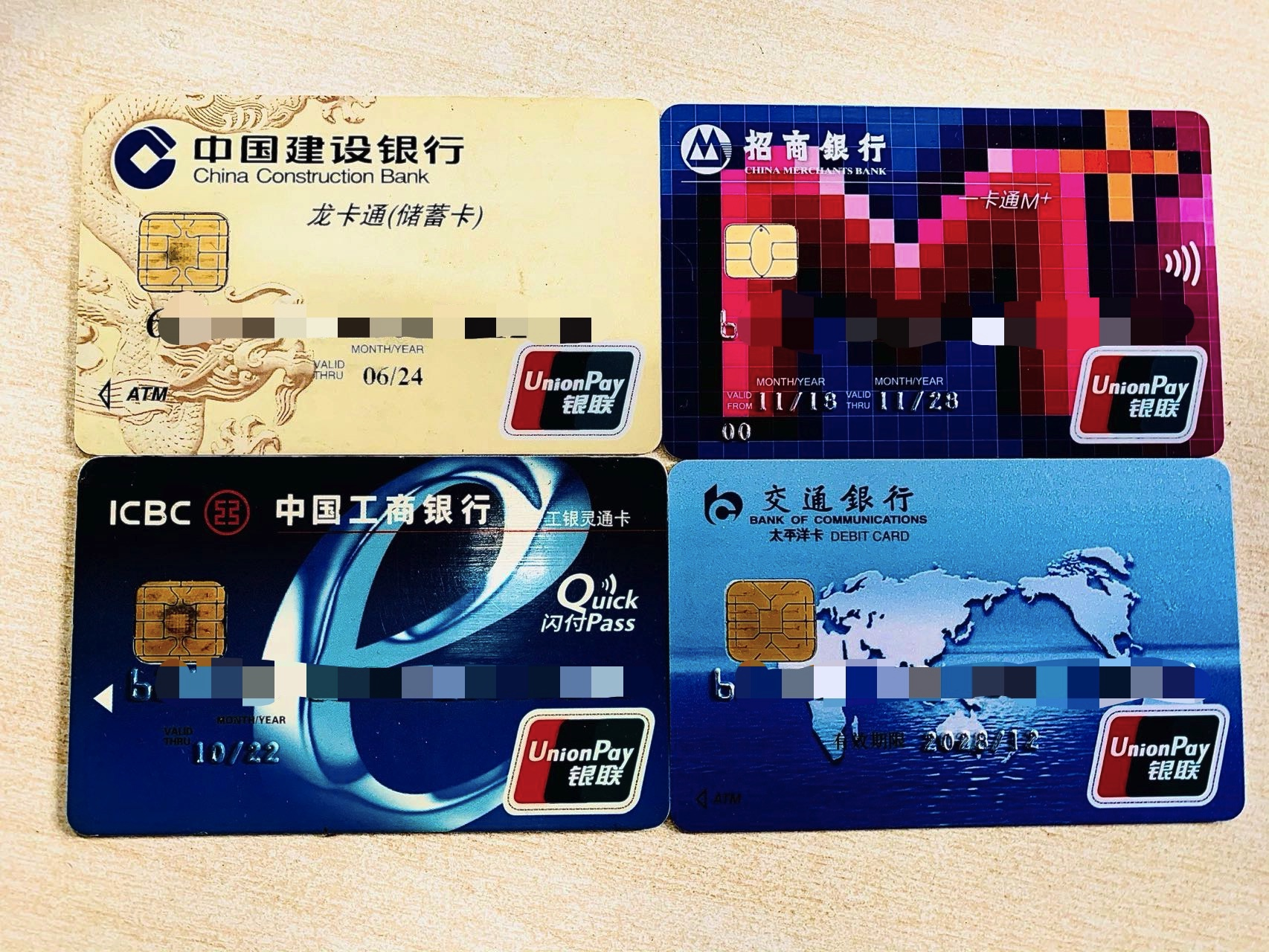12 Chinese Phrases to Help You on Your Trip to China
October 13, 2022
According to 2019 figures, China gets the fourth highest number of tourist arrivals in the world. That’s a whopping 65.7 million arrivals per year! Among its main attractions are its world-famous food culture, its thousands of years of history, its futuristic cities and its stunning natural landscapes.
If you’re planning on heading to China, we recommend that you familiarise yourself with a few Chinese phrases for travel. Although tourist areas in the bigger cities will largely cater to those who don’t speak Mandarin, English speakers outside of large cities can sometimes be few and far between. Fortunately, Chinese people are very accommodating to foreigners trying to speak their language and will do everything they can to help you. Here we’ll go through 12 of the most important survival Chinese phrases.
1. Thank you (谢谢 xièxie)
Let’s start off with the infinitely useful 谢谢. After all, when that kind stranger holds the door open for you, you’re going to want to express some appreciation, right? Fortunately, tourists can take comfort from the fact that saying thank you in Chinese is relatively straightforward!

2. Sorry (不好意思 bù hǎoyìsī)
From clumsily standing on someone’s toe in a crowded metro station, to letting a dumpling fall into someone’s soup due to your horrendous chopstick skills, there are many situations in which an apology may be required during your trip to China. Atoning for any such misdeeds is best handled with the use of the phrase 不好意思. This way, even if that Chinese gentleman’s outfit is totally ruined, at least he’ll know you regretted letting that soup splash all over him.
3. I don’t understand (听不懂 tīngbùdǒng)
While travelling in China, especially outside the main tourist areas, you’ll find that many of the locals will be excited to see a foreigner in their hometown. The more extroverted among them may even approach you to initiate conversation. They might ask you where you’re from and what you’re up to, or they might just skip the small talk and immediately invite you to a family wedding, as happened to me once! In such situations, before things get too out of hand, it may be useful to convey that you can’t speak Chinese and have no idea what is happening. For this, look no further than 听不懂.

4. Can you help me? (你能帮我吗? nǐ néng bāng wǒ ma?)
Sometimes we all need a bit of help. Lifting that dumpling from the other side of a sprawling dinner table onto your plate can be a daunting task even for the most capable chopstick users. There’s no shame in asking a fellow diner to hand that plate of dumplings over to you so you can take care of the situation with some peace of mind. Remain calm, nobody will judge you. After uttering the words 你能帮我吗, you’ll find the locals more than willing to help you out and avoid any tragic accidents.

5. Excuse me, where is the bathroom? (请问洗手间在哪里?Qǐng wèn xǐshǒujiān zài nǎ lǐ?)
A crucial question for any human being to be able to ask, regardless of location, is of course “where is the bathroom?” Be aware that toilets in China are often of the squatting variety, rather than the seated variety. Therefore, for maximum efficiency, consider going over these survival Chinese phrases in a squatting position. Doing so will allow you to prepare physically and mentally for what may be a new and memorable bathroom experience.
6. Could you say that again? (你能再说一遍吗?Nǐ néng zài shuō yī biàn ma?)
If somebody points you in the direction of a toilet but you’re not quite sure what they’re saying, 你能再说一遍吗 will be useful. If you don’t catch it on the second repeat, you could consider the phrase 请说慢一点 (Qǐng shuō màn yī diǎn, “Please speak a little slower”). If you’re still lost on the third repeat, don’t concede defeat and flee for the nearest exit just yet, just use this next phrase...

7. Can you speak English? (你会说英语吗?Nǐ huì shuō yīng yǔ ma?)
If confusion levels are escalating beyond control, this is always a good fallback option. As we’ve said, outside of the main tourist areas the answer to this question is likely to be “不会” (bú huì, “I can’t”). However, God loves a trier, and anyone who can speak English will be delighted with the opportunity to practice with you - even if it’s just to direct you to the toilet.
8. I want this (我要这个 Wǒ yào zhè ge)
Picture yourself walking into a traditional Chinese restaurant. On the wall, you see images of each of the glorious dishes on offer. Deliciously sweet and sticky Peking duck, ruby red mapo tofu, delicately presented dim sum... All the best Chinese dishes you have always wanted to try. The array of choice seems overwhelming, but you need to come to a decision. When the waiter comes, confidently extend an index finger and point out the dish of your choice. With the simple words 我要这个, it can be all yours.
9. Do you have an English menu? (有英文菜单吗? Yǒu yīng wén cài dān ma)
Some restaurants, however, may not provide images of dishes so you’ll instead find yourself confronted with an ocean of inscrutable Chinese characters. In such cases, Baidu Translate is your friend. Nonetheless, it may also be worth asking if an English menu exists, particularly in tourist areas.

10. Is there WiFi here? (这里有WiFi吗?Zhè lǐ yǒu WiFi ma?)
If you need to translate a menu but don’t have Internet access on your phone, you’ll need to ask if the restaurant has WiFi. Luckily for you, the pronunciation of WiFi is the same in Chinese as it is in English. WiFi access will also afford you the opportunity to boast to your social media followers in real time about the food you’re about to consume - always a bonus.

11. How much does it cost? (多少钱? Duō shǎo qián?)
With the final mouthful, the dining experience of your dreams has come to an end and it is now time to settle the bill. After gorging yourself on all that delicious food, take care not to keel over as you manoeuvre yourself over to the counter to pay. It’s useful to know that, in China, mobile payment apps such as WeChat and Alipay are widely used and extremely convenient. If these aren’t available to you, however, paying by cash or card should still be fine.

12. Where is the nearest ATM? (最近的自动取款机在哪里?Zuì jìn de zì dòng qǔ kuǎn jī zài nǎ lǐ?)
One final hurdle may present itself before you can go home and recover from all the gluttony - you may find yourself a little short on cash. In such cases, you’ll need to ask for the nearest ATM.
Don’t worry - a walk after your meal won’t do you any harm! There is a popular Chinese idiom encouraging just this: “饭后走一走,活到九十九” (Fàn hòu zǒu yī zǒu, huó dào jiǔshíjiǔ, take a walk after you eat and live to 99).

Conclusion
Getting the hang of these Chinese phrases for travel will be of great benefit to you on your trip. Now it’s time to pack those bags and get going! If you’d like to learn more before you embark on your journey, consider taking some online Chinese classes to help make your travels smoother.
About the Author
David Lee is a Mandarin enthusiast and hotpot fiend hailing from Ireland.
